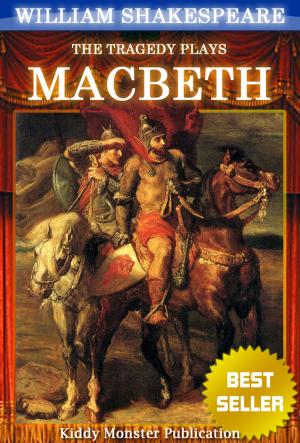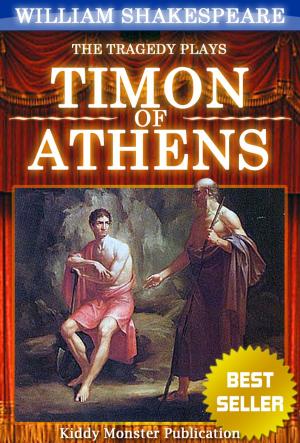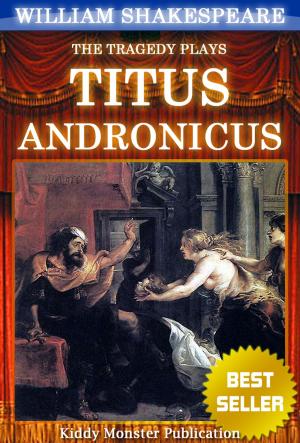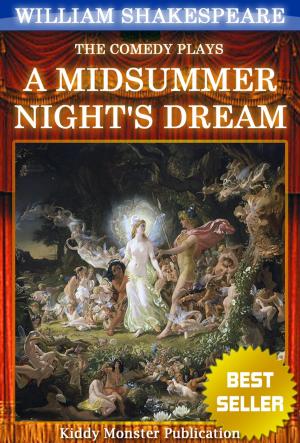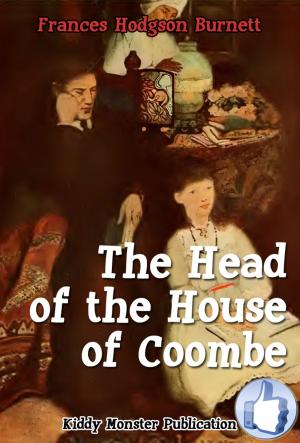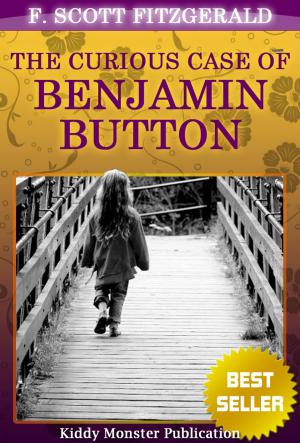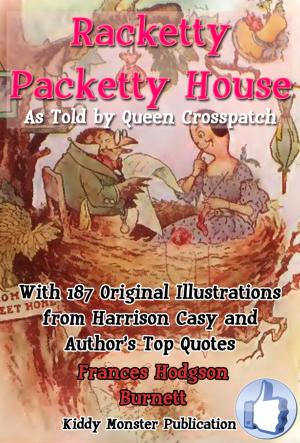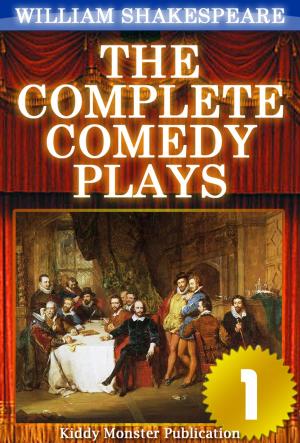The Death of Ivan Ilych By Leo Tolstoy
With Summary and Free Audio Book Link
Fiction & Literature, Classics, Literary, Historical| Author: | Leo Tolstoy | ISBN: | 9789879990087 |
| Publisher: | Kiddy Monster Publication | Publication: | January 20, 2013 |
| Imprint: | Language: | English |
| Author: | Leo Tolstoy |
| ISBN: | 9789879990087 |
| Publisher: | Kiddy Monster Publication |
| Publication: | January 20, 2013 |
| Imprint: | |
| Language: | English |
The Death of Ivan Ilych By Leo Tolstoy - With Summary and Free Audio Book Link
FEATURES:
• Title contains Summary
• FREE audio book link at the end of the book
• Leo Tolstoy's Biography
• Leo Tolstoy's Top Quotes
• Easy to navigated Active Table of Contents
• High formatting quality and standards, manually crafted by professionals
The Death of Ivan Ilyich (Russian: ะกะผะตั€ัั ะะฒะฐะฝะฐ ะะปัะธัะฐ, Smert' Ivana Ilyicha), first published in 1886, is a novella by Leo Tolstoy, one of the masterpieces of his late fiction, written shortly after his religious conversion of the late 1870s.
The novel tells the story of the death, at age 45, of a high-court judge in 19th-century Russia. Living what seems to be a good life, his dreadful relationship with his wife notwithstanding, Ivan Ilyich Golovin injures his side while hanging up curtains in a new apartment intended to reflect his family's superior status in society. Within weeks, he has developed a strange taste in his mouth and a pain that will not go away. Several expensive doctors are consulted, but beyond muttering about blind gut and floating kidneys, they can neither explain nor treat his condition, and it soon becomes clear that Ivan Ilyich is dying.
The second half of the novel records his terror as he battles with the idea of his own death. "I have been here. Now I am going there. Where? ... No, I won't have it!" Oppressed by the length of the process, his wife, daughter, colleagues, and even the physicians, decide in the end not to speak of it, but advise him to stay calm and follow doctors' orders, leaving him to wrestle with how this terrible thing could befall a man who had lived so well.
He spends his last three days screaming. He realizes he is "done for, there was no way back, the end was here, the absolute end ..." One hour before his death, in a moment of clarity, he sees that he has not, after all, lived well, but has lived only for himself. After months of dwelling on his own anguish, he suddenly feels pity for the people he's leaving behind, and hopes his death will set them free. With that thought, his pain disappears. He hears someone say, "He's gone." He whispers to himself, "Death has gone," and draws his last breath.
The Death of Ivan Ilych By Leo Tolstoy - With Summary and Free Audio Book Link
FEATURES:
• Title contains Summary
• FREE audio book link at the end of the book
• Leo Tolstoy's Biography
• Leo Tolstoy's Top Quotes
• Easy to navigated Active Table of Contents
• High formatting quality and standards, manually crafted by professionals
The Death of Ivan Ilyich (Russian: ะกะผะตั€ัั ะะฒะฐะฝะฐ ะะปัะธัะฐ, Smert' Ivana Ilyicha), first published in 1886, is a novella by Leo Tolstoy, one of the masterpieces of his late fiction, written shortly after his religious conversion of the late 1870s.
The novel tells the story of the death, at age 45, of a high-court judge in 19th-century Russia. Living what seems to be a good life, his dreadful relationship with his wife notwithstanding, Ivan Ilyich Golovin injures his side while hanging up curtains in a new apartment intended to reflect his family's superior status in society. Within weeks, he has developed a strange taste in his mouth and a pain that will not go away. Several expensive doctors are consulted, but beyond muttering about blind gut and floating kidneys, they can neither explain nor treat his condition, and it soon becomes clear that Ivan Ilyich is dying.
The second half of the novel records his terror as he battles with the idea of his own death. "I have been here. Now I am going there. Where? ... No, I won't have it!" Oppressed by the length of the process, his wife, daughter, colleagues, and even the physicians, decide in the end not to speak of it, but advise him to stay calm and follow doctors' orders, leaving him to wrestle with how this terrible thing could befall a man who had lived so well.
He spends his last three days screaming. He realizes he is "done for, there was no way back, the end was here, the absolute end ..." One hour before his death, in a moment of clarity, he sees that he has not, after all, lived well, but has lived only for himself. After months of dwelling on his own anguish, he suddenly feels pity for the people he's leaving behind, and hopes his death will set them free. With that thought, his pain disappears. He hears someone say, "He's gone." He whispers to himself, "Death has gone," and draws his last breath.

